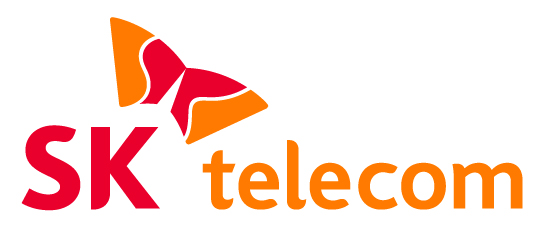SK Telecom had reorganized its operations into seven key divisions, with a strong focus on AI
Korean telco SK Telecom has reported its financial results for the fiscal year 2024, highlighting significant advancements in artificial intelligence (AI) alongside steady revenue growth in its telecommunications and broadband segments.
The company recorded consolidated revenue of KRW 17.94 trillion ($12.34 billion) and an operating income of KRW 1.82 trillion last year, driven by a 4.0% year-over-year increase in its AI business and a 1.9% rise in fixed and mobile communications. Net income stood at KRW 1.44 trillion.
SK Telecom ended last year with a total of 31.8 million mobile customers, of which 16.9 million are 5G customers. The telco’s full year capital expenditure stood at KRW 2.39 trillion, down by 12.7% compared with 2023.
As part of its long-term vision, SK Telecom said it is fast-tracking the development of its AI Infrastructure Superhighway, which consists of three core pillars: AI data centers (AIDC), GPU-as-a-Service (GPUaaS) and Edge AI.
To reinforce its AI data center business, the Korean telco has made strategic investments in Lambda, a global GPU cloud provider and signed an investment agreement with Penguin Solutions, a specialist in AI-driven data center solutions. In December 2024, SK Telecom launched the Gasan AI data center in partnership with Lambda and introduced ‘SKT GPUaaS’ to accelerate AI infrastructure expansion.
Additionally, the Korean carrier is continuing its collaboration with Penguin Solutions to drive global AIDC expansion, develop next-generation memory appliances and advance joint research and commercialization efforts.
Kim Yang-seob, CFO of SK Telecom, said: “Last year, we strengthened our competitiveness in the telecommunications sector and laid the foundation for our transformation into an AI company. In 2025, we will continue to pioneer the AI era through determination and innovation, further solidifying our corporate value.”
SK Telecom had reorganized its operations into seven key divisions, with a strong focus on AI. This includes specialized units such as AI Transformation (AIX), AIDC, A. (A-Dot) and Global Personal AI Agent (GPAA).
As a result of this restructuring process, the company’s AI-related revenue surged 19% year-on-year. The AIX unit experienced a 32% year-on-year increase, chiefly boosted by the expansion of AI cloud services and strong demand for AI B2B solutions such as AI Contact Center (AICC) and Vision AI.
The AIDC business saw revenue climb 13.1% year-on-year to KRW 397.4 billion, driven by higher utilization rates at newly operational data centers, including the Gasan facility in Seoul.
In the Personal AI Agent (PAA) sector, SK Telecom is executing a dual-market strategy, offering ‘A.’ for domestic users and ‘Aster’ for global markets. Last year, the company introduced an upgraded version of A., featuring multi-large language model (LLM) capabilities and a dedicated PC version.
In January, SK Telecom announced plans to release a beta version of “Aster,” targeting North American users in March 2025.
The Asian telecom provider initially introduced the AI agent at the SK AI Summit in Seoul last November, but it officially began recruiting beta testers at CES, with a broader U.S. launch set for later in the year.
Aster is designed as an ‘agentic AI,’ which goes beyond simple Q&A or search functions by understanding users’ intentions to set goals, make plans and complete tasks on their behalf, the telco said.
The AI agent, built on generative AI technology, integrates conversational search through a collaboration with Perplexity, a next-generation AI search platform. Aster focuses on life management, offering users personalized planning, execution, reminders, and advice, according to the telco.
In 2023, SK Telecom had announced its ambition to become a global artificial intelligence company by strengthening its own AI competitiveness and cooperating with partners globally.

